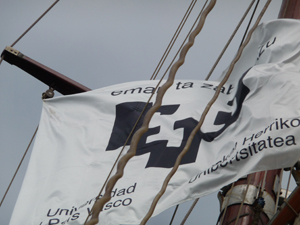Research lines
Institutional development

Since the generalization of the European Higher Education Area, university faculties and colleges have become key players in the development and accreditation of new degree courses and, more broadly, as drivers and agents of educational change in universities (Fullan, 2002; Gibbs, 2004 and 2009; Roxå, T. and Mårtensson, K. 2011). This is a complex change that involves the vision and politics of the university, institutional leadership, learning and teaching practices and, ultimately, the university culture itself. Yet how do we move forward towards more efficient forms of learning and knowledge management? Scientific research provides some answers in different directions: a) giving shape to distributed leadership and even to hybrid configurations that combine horizontality and verticality; b) identifying professional practice communities that consider aspects of their professional tasks and constitute internal and external networks, promoting them as informal learning capital and new forms of learning within the institution; and c) considering the university institution as a whole, whose operations need to influence knowledge, learning and exchanges with other agents and players.
In this respect, certain questions arise that pose a challenge for an investigative approach: What institutional development strategies can help academic leaders to develop a learning-oriented curriculum? Which variables lead an educational organization to learn beyond its habitual limits? And, as a result of these changes, what impact will it have on the social learning of university institutions?
